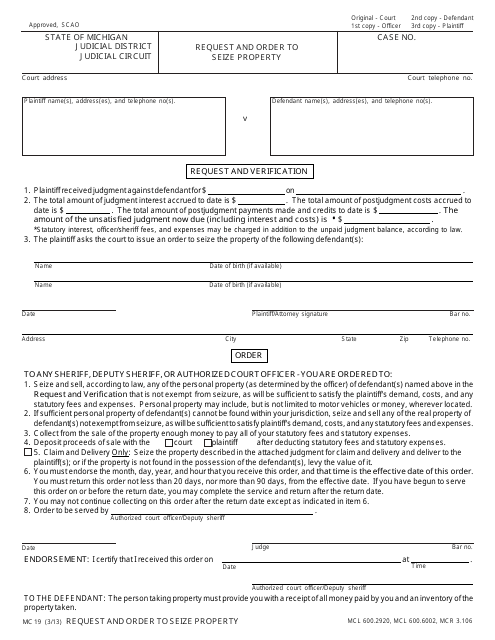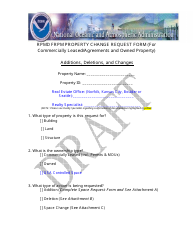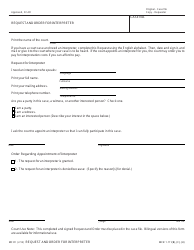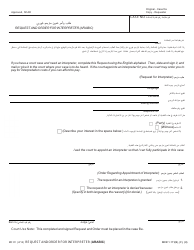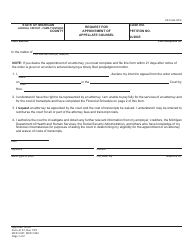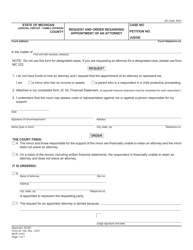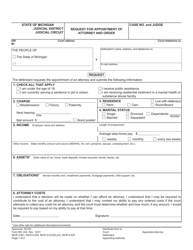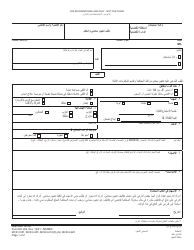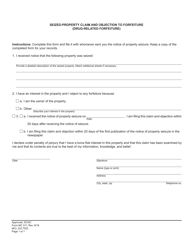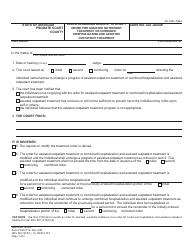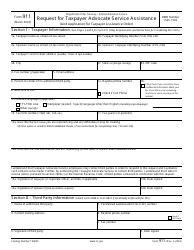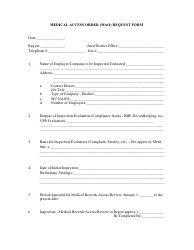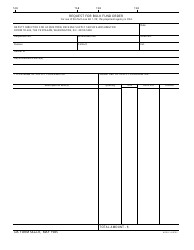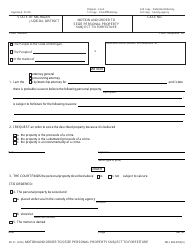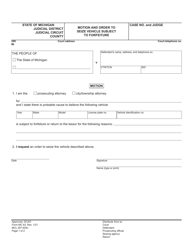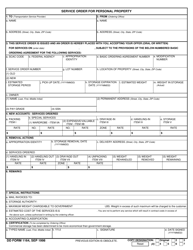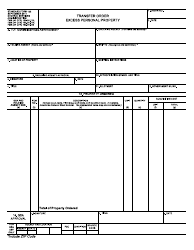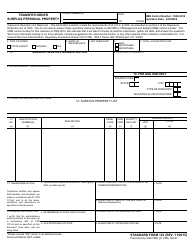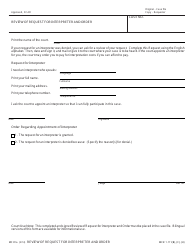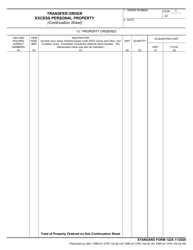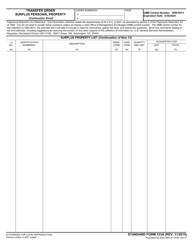This version of the form is not currently in use and is provided for reference only. Download this version of
Form MC19
for the current year.
Form MC19 Request and Order to Seize Property - Michigan
What Is Form MC19?
This is a legal form that was released by the Michigan Courts - a government authority operating within Michigan. As of today, no separate filing guidelines for the form are provided by the issuing department.
FAQ
Q: What is an MC19 Request and Order to Seize Property?
A: An MC19 Request and Order to Seize Property is a legal document used in Michigan to request permission from the court to seize someone's property.
Q: When is an MC19 Request and Order to Seize Property used?
A: An MC19 Request and Order to Seize Property is used when a person or organization wants to legally seize someone's property to satisfy a debt or judgment.
Q: Who can file an MC19 Request and Order to Seize Property?
A: Any person or organization with a valid judgment against another party can file an MC19 Request and Order to Seize Property.
Q: What information is required to fill out an MC19 Request and Order to Seize Property?
A: To fill out an MC19 Request and Order to Seize Property, you will need information about the judgment debtor, the property to be seized, and the amount owed.
Q: What is the process after filing an MC19 Request and Order to Seize Property?
A: After filing an MC19 Request and Order to Seize Property, you must serve the request on the judgment debtor, obtain a return of service, and then proceed with the seizure of the property as directed by the court.
Q: Are there any fees associated with filing an MC19 Request and Order to Seize Property?
A: Yes, there are filing fees associated with filing an MC19 Request and Order to Seize Property. The specific fees vary depending on the court jurisdiction.
Q: Can the judgment debtor object to the seizure of their property?
A: Yes, the judgment debtor has the right to object to the seizure of their property. They can file an objection with the court within a specified timeframe.
Q: What happens to the seized property after it is seized?
A: After a property is seized, it may be sold at a public auction or through other means to satisfy the debt or judgment.
Q: Is it necessary to consult with an attorney when filing an MC19 Request and Order to Seize Property?
A: While it is not legally required to consult with an attorney when filing an MC19 Request and Order to Seize Property, it is recommended to seek legal advice to ensure proper procedure and compliance with the law.
Form Details:
- Released on March 1, 2013;
- The latest edition provided by the Michigan Courts;
- Easy to use and ready to print;
- Quick to customize;
- Compatible with most PDF-viewing applications;
- Fill out the form in our online filing application.
Download a fillable version of Form MC19 by clicking the link below or browse more documents and templates provided by the Michigan Courts.
